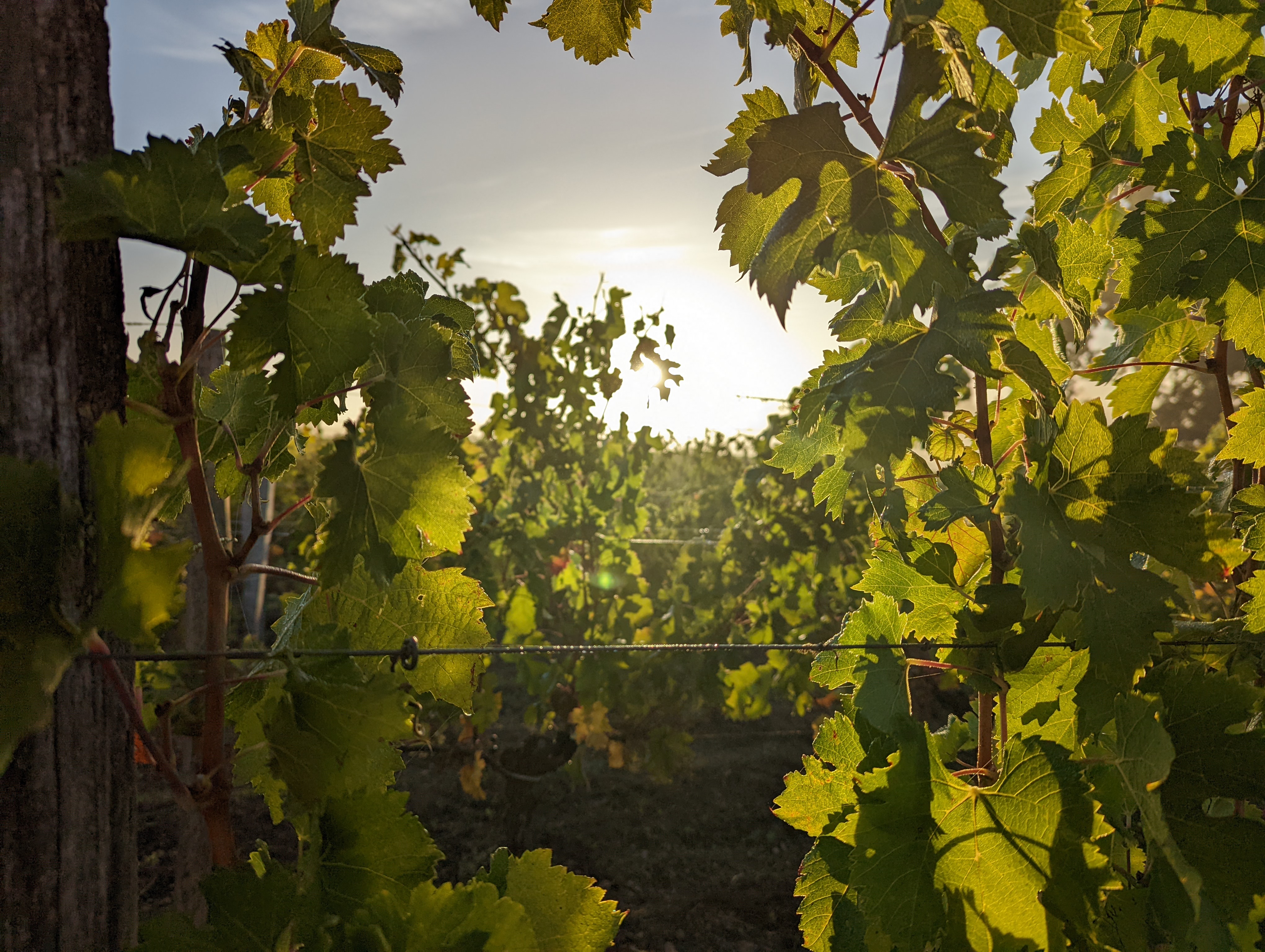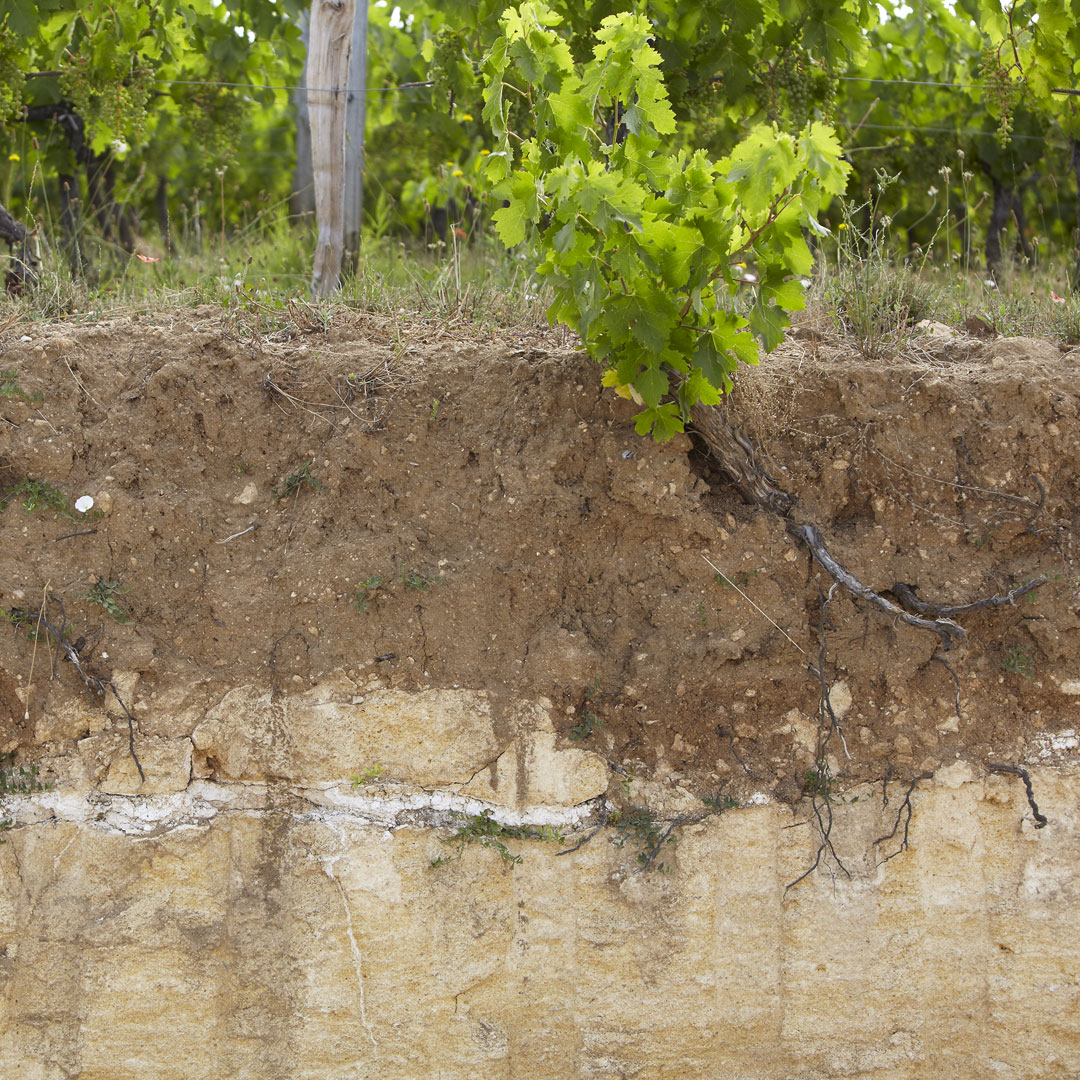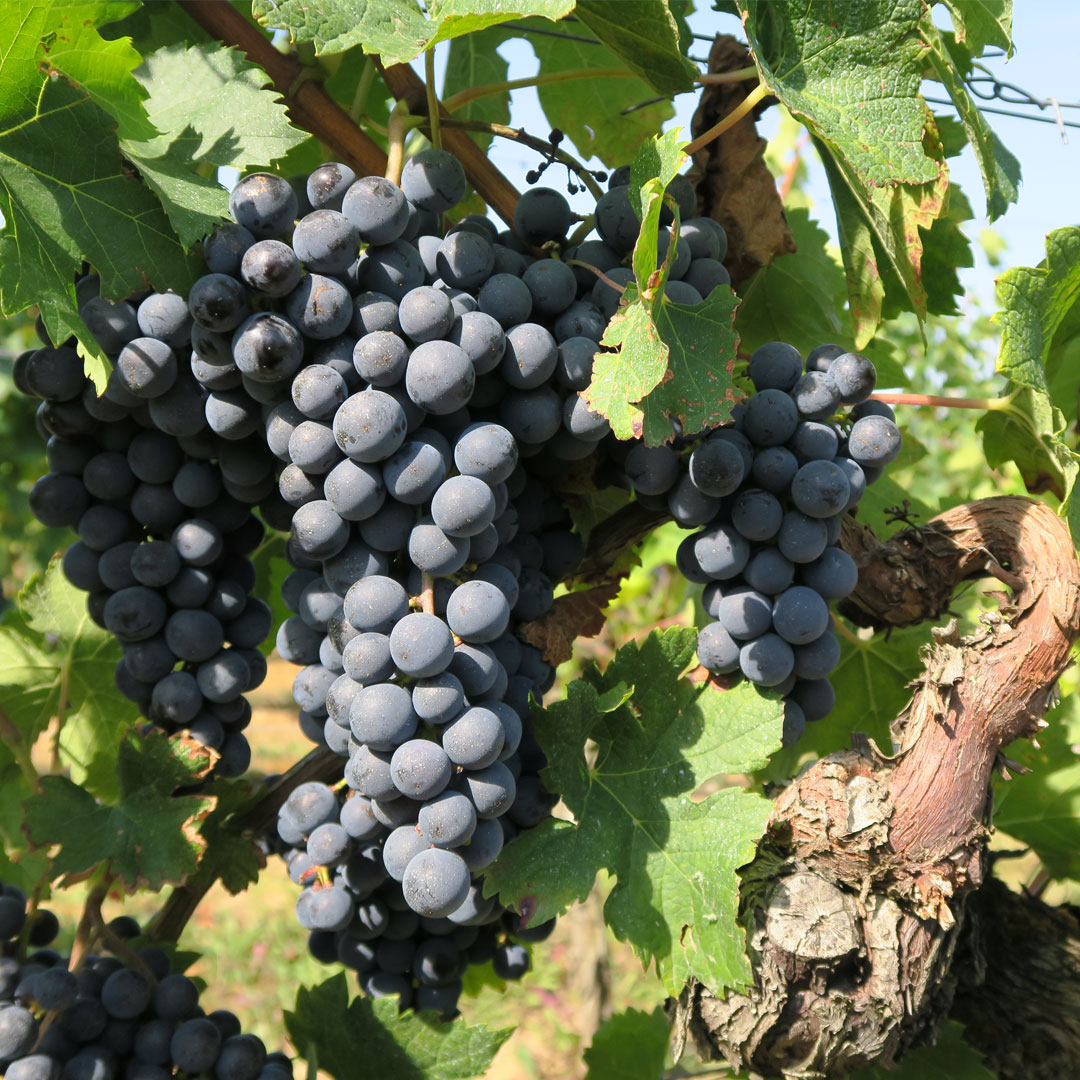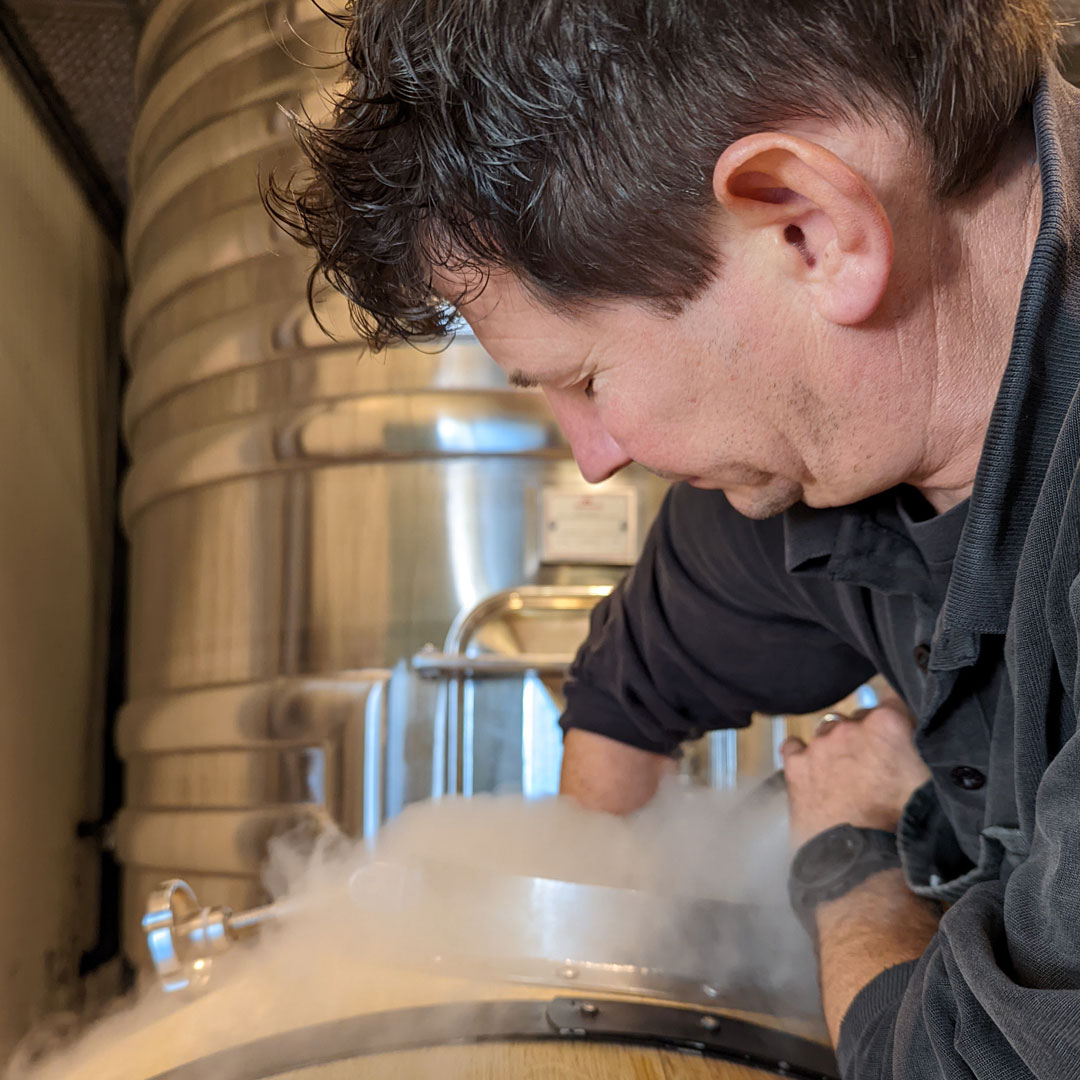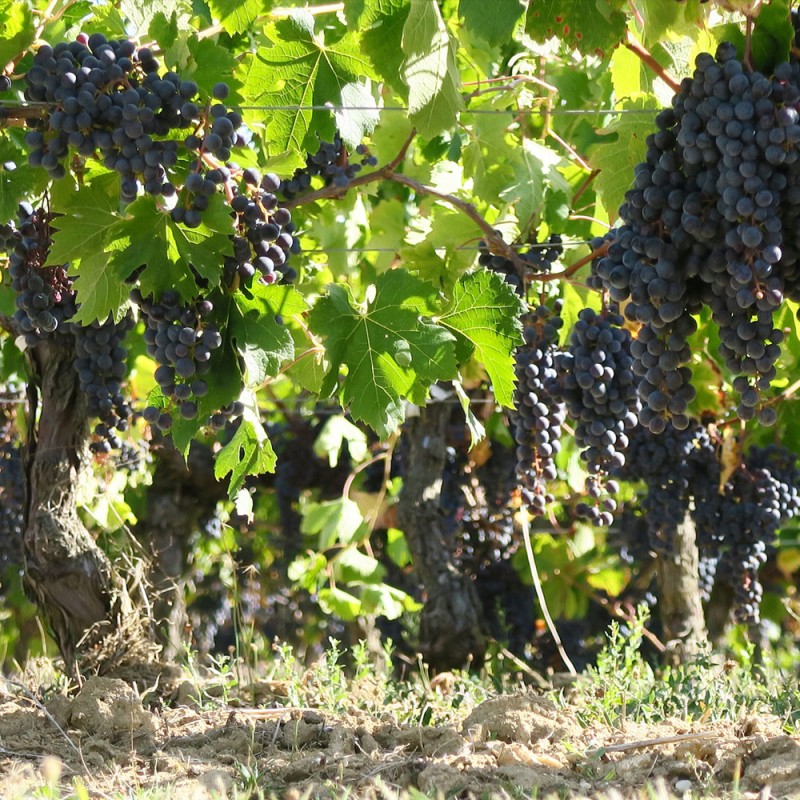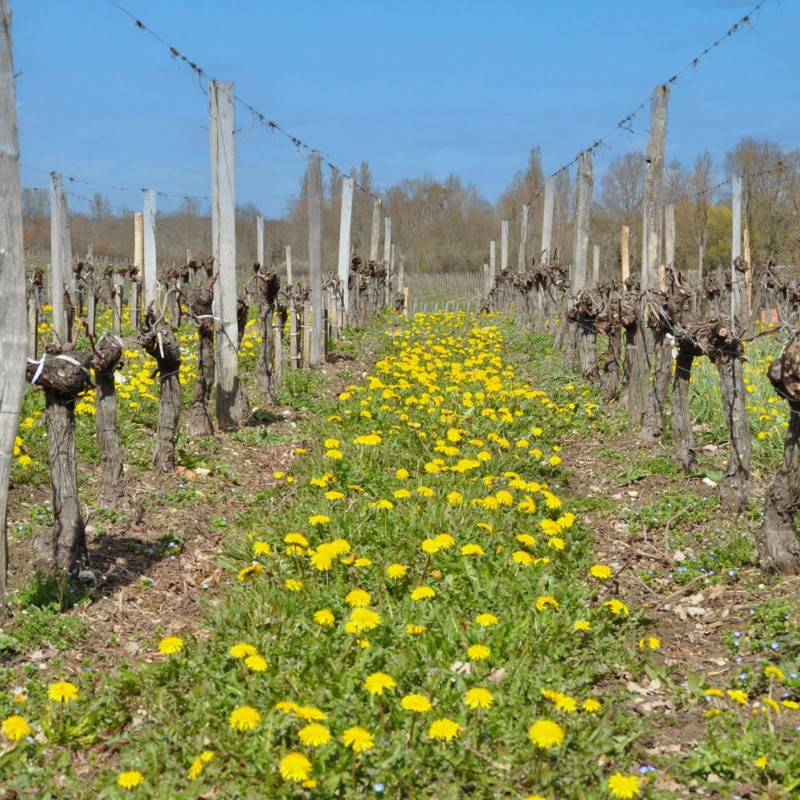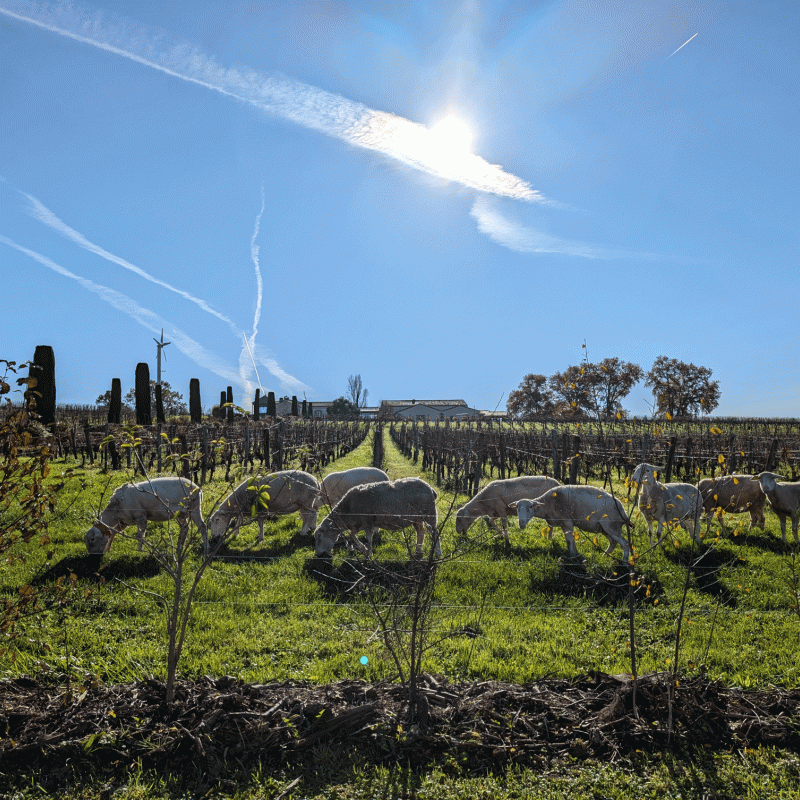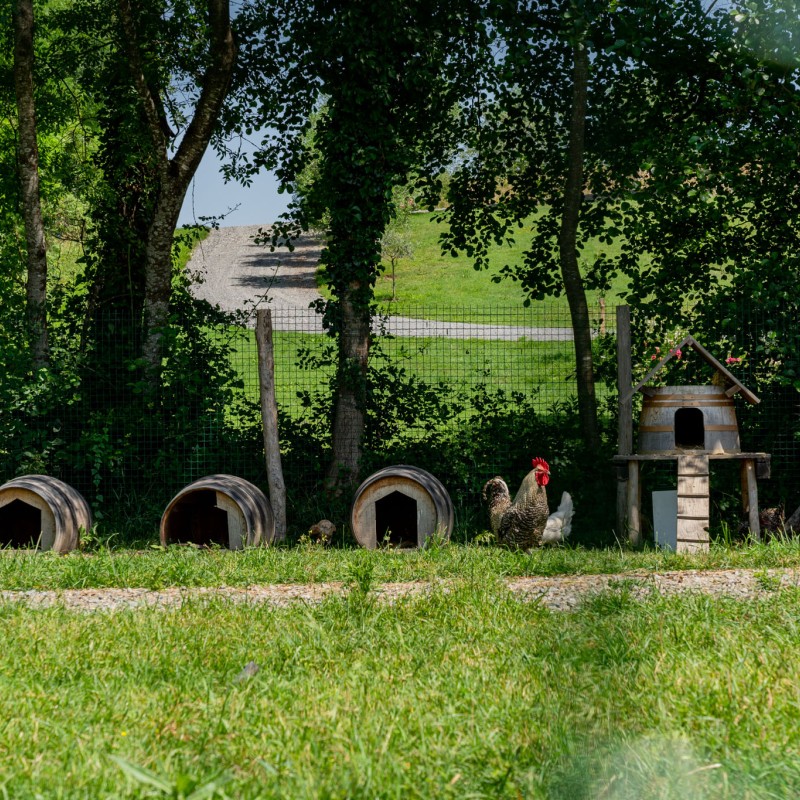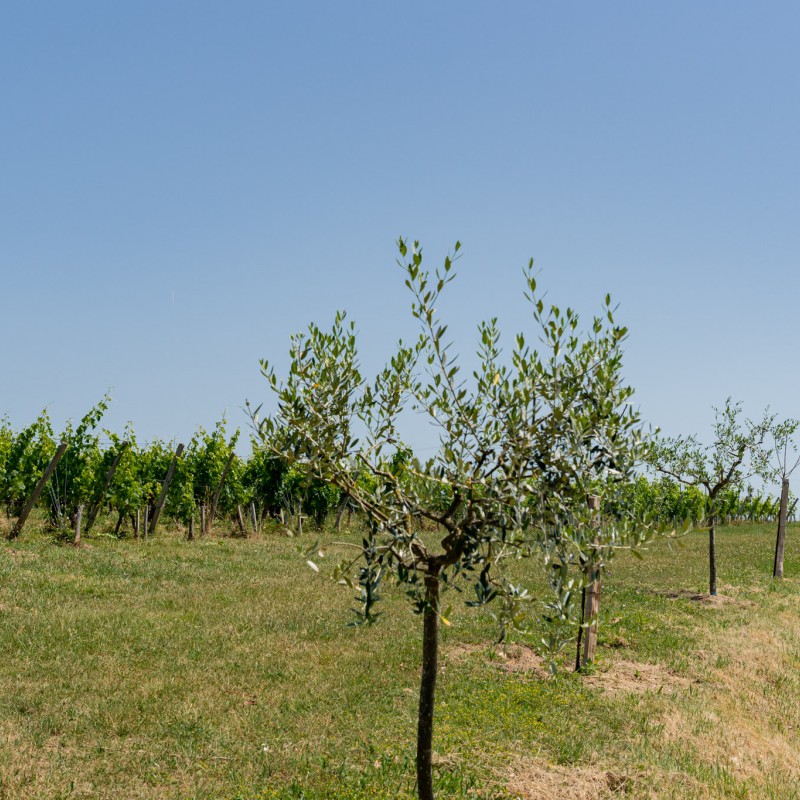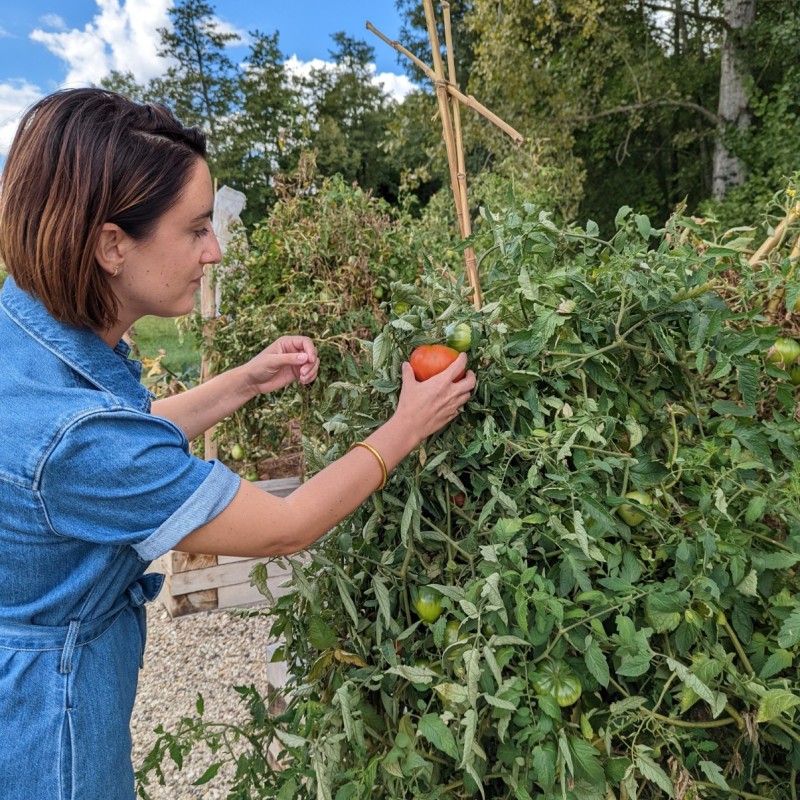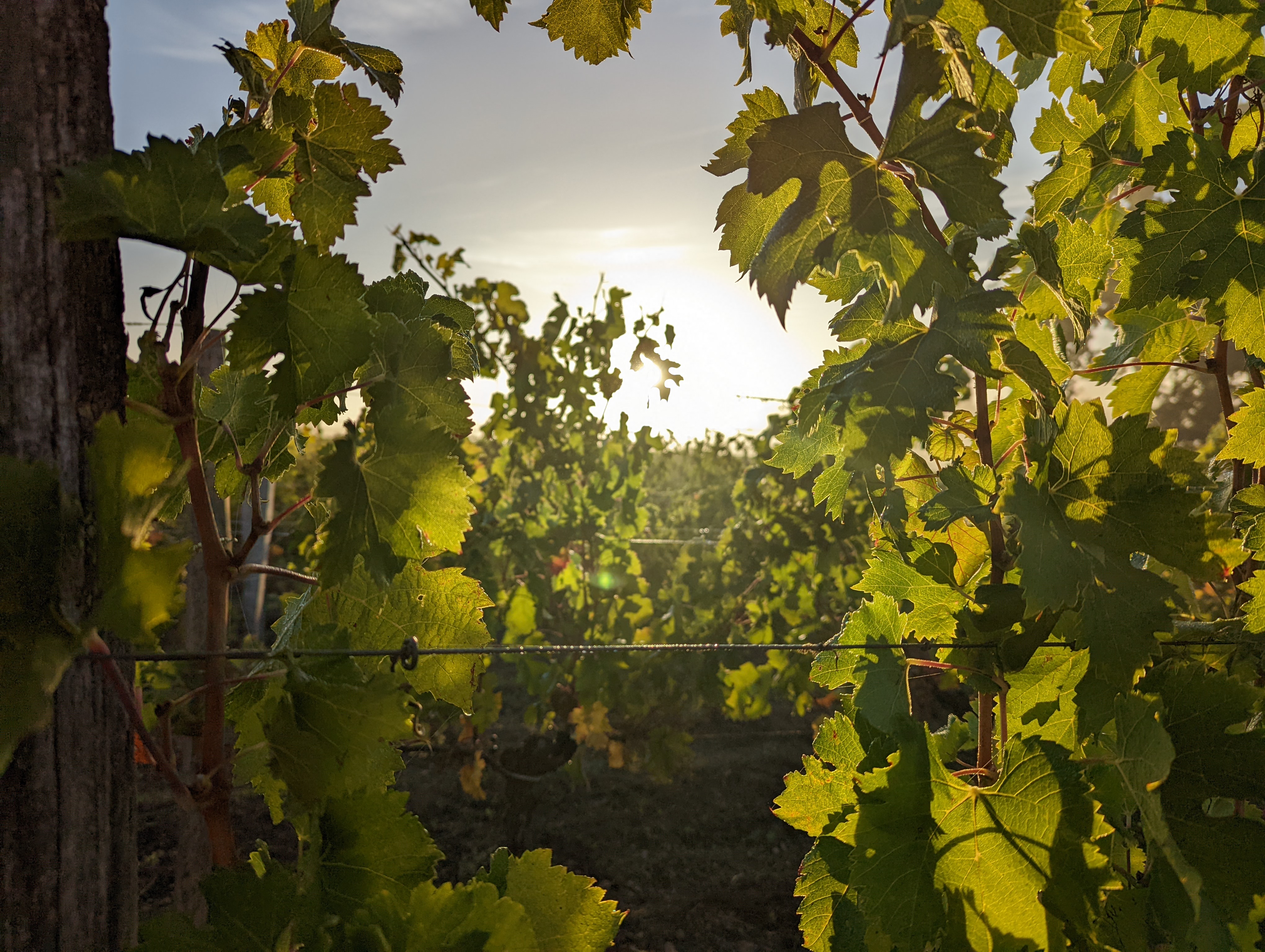Happy owner of La Rose Perrière since 2003, Jean-Luc undertook major works and brought a new dynamic into it to be able to offer authentic wines rich in unparalleled know-how.
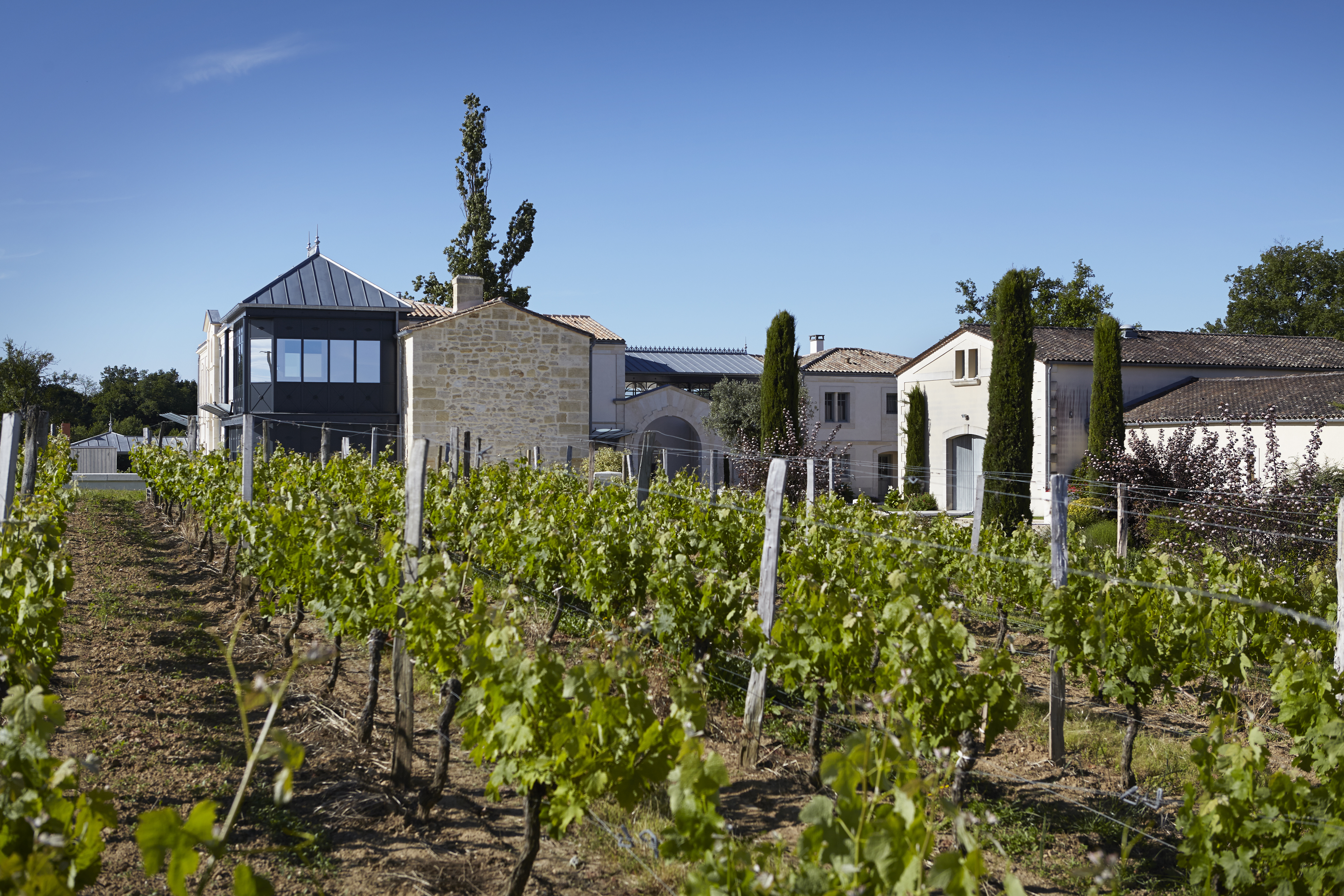
The history
La Rose Perrière vineyard is located in the village of Lussac, about 15 minutes by car from Saint-Emilion and one hour north-east of Bordeaux. It originated in the 12th century when the Countess of Castillon had the Cistercian Abbey of Faize built.
At that time, the monks established in the convent were commissioned to provide technical and agricultural assistance to the peasants of the region and to welcome pilgrims going to Santiago de Compostela. They cleared the forest around the property and planted the first vines there on the limestone hillside. Its history makes Château La Rose Perrière the oldest vineyard in the Lussac-Saint-Emilion appellation. It owes its name to the water current "La Perrière" from the word "Pierrière" which means stone quarry.
In 2003, Jean-Luc Sylvain, a renowned cooper from the Bordeaux right bank, fell under the spell of this atypical property due to the richness of its history but also its exceptional clay-limestone terroir. From then on, he undertook major renovation works on the cellar, the storage buildings and the vineyard with a total area of 14 hectares (34.6 acres).
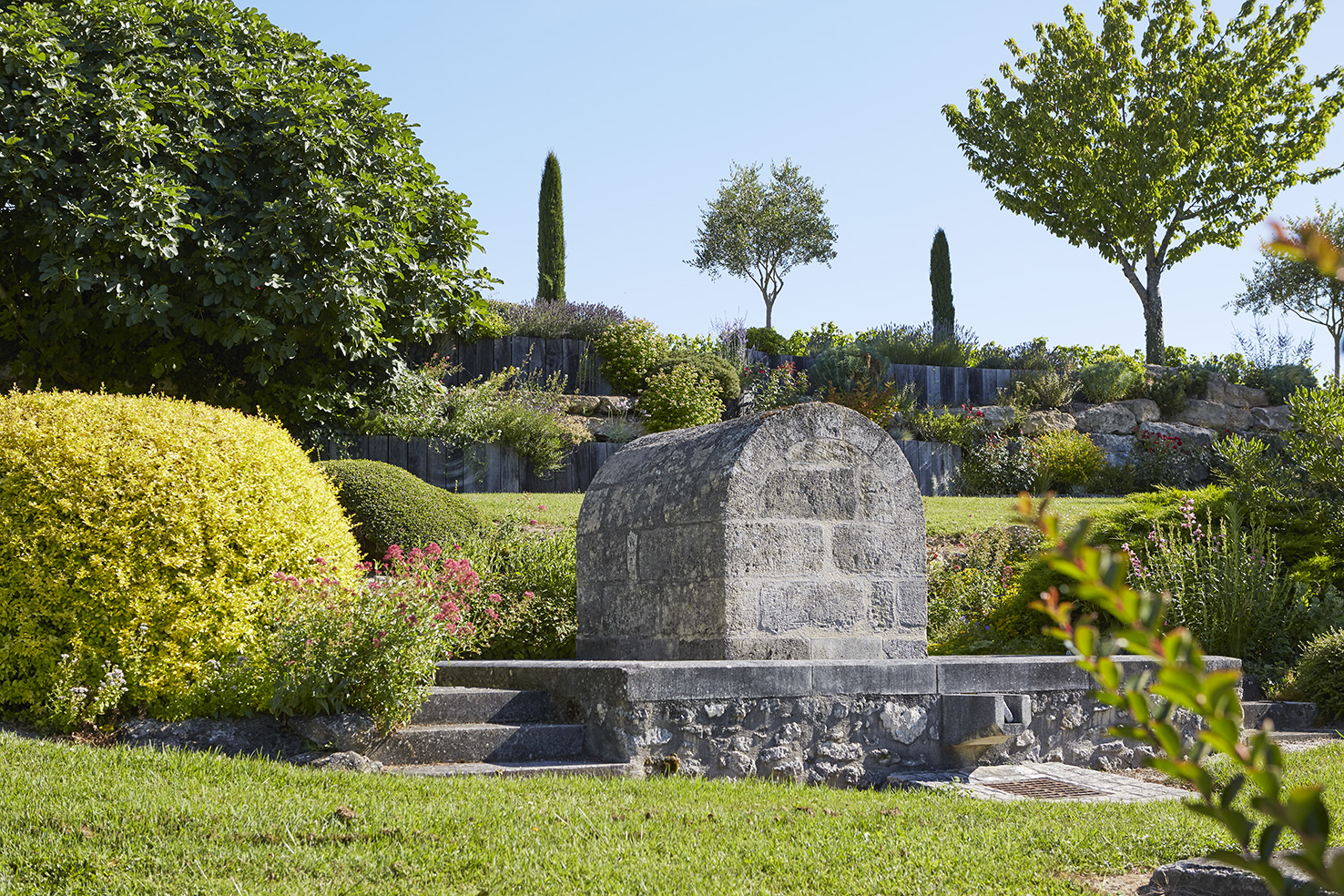
The love of wine, the transmission of a heritage
The journey of the Sylvain family has been shaped thanks to solid foundations...those of a heritage of passions: wine, terroir and wood that have been passed down for four generations already. Indeed, we must go back to Pierre Sylvain, grandfather of Jean-Luc, to understand the origins of this inclination. In 1961, he acquired his first vines. From these plots, the property still produces today the “Clos Les Grandes Versannes” under the Saint-Émilion Grand Cru appellation. From then on, the passion for wine was transmitted from one generation to anotherin the Sylvain family, like a genetic inheritance. Thanks to the recognized know-how of his father Gérard, founder of the cooperage of the same name in 1957, Jean-Luc Sylvain learned the inner workings of the coopering trade and gradually integrated the technical innovation that his wines, aged in French oak barrels, benefit from.
Moreover, Jean-Luc Sylvain fell in love with South Africa and acquired a farm there in 2008, Kroonpoort Vineyard, where the white wine of the same name is produced. This 10-hectare (24.7 acres) vineyard is located in the southernmost part of the Western Cape between the Indian Ocean and the Atlantic Ocean. This new wine region is favorable to the growing of Sauvignon blanc thanks to a cooler climate than in the historical regions.
Today, the fourth generation, with Claire and Rémi Sylvain, works alongside him to produce wines of exceptional quality. Indeed, Claire, an engineer in chemical biology and Rémi, a graduate of the Ecole Supérieure du Bois, have also chosen to follow in their father's footsteps and are contributing both at the Cooperage and at the property. United by the same passion and the same quest for quality, Jean-Luc and his children now work together to produce wines that resemble them, authentic and rich in unparalleled know-how.
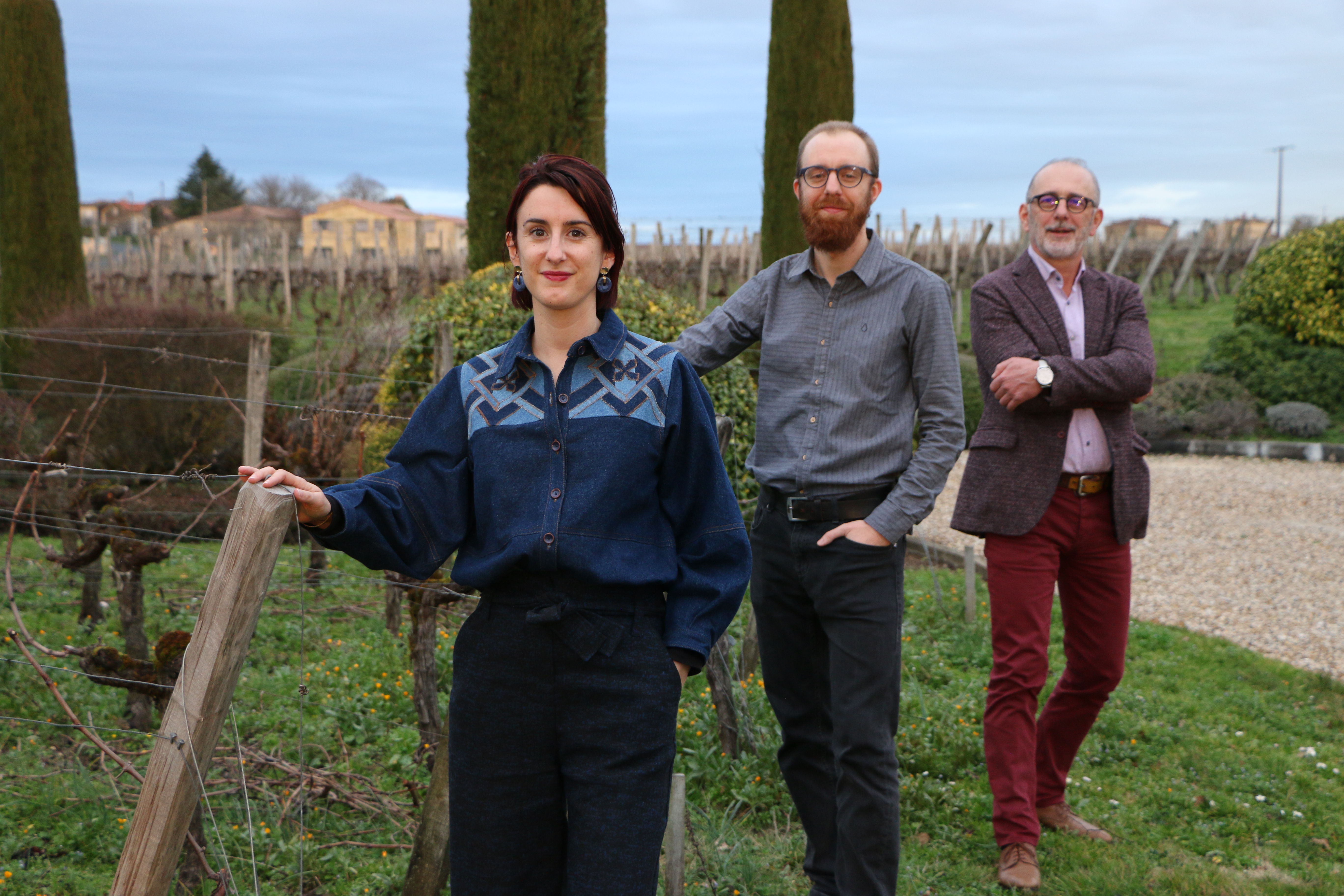
 |
You want to know more about our appellation ? The Saint-Emilion Wine Council explains you in detail Lussac Saint-Emilion appellation |
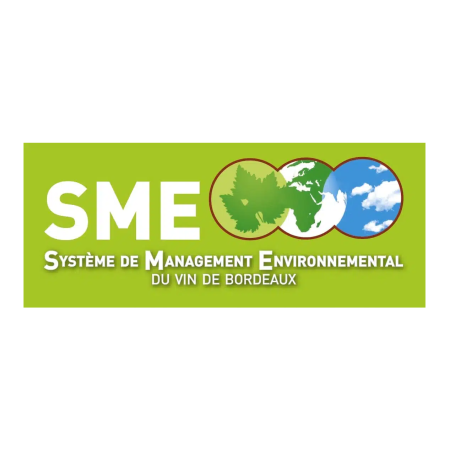
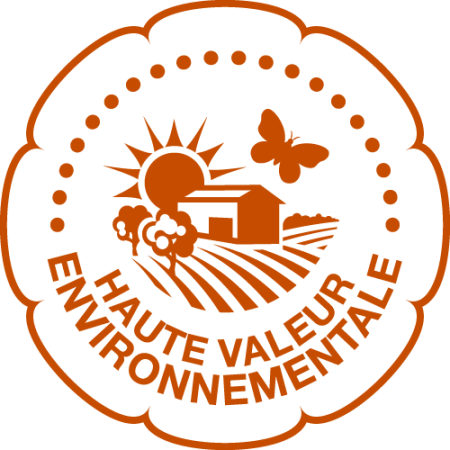
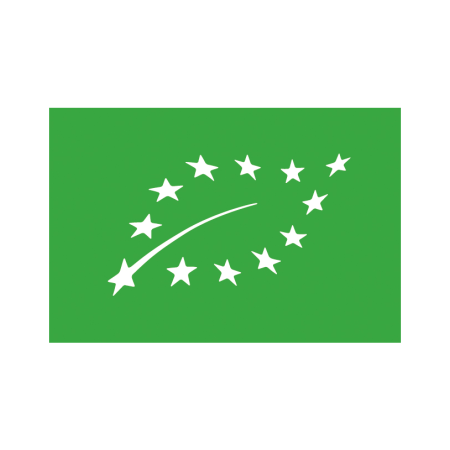
The team
The philosophy of Château La Rose Perrière is to respect the environment and the wine-growing region. This strong environmental commitment of the Sylvain family corresponds to the aspirations of Jean-Luc and Claire Sylvain and their teams. Family of coopers, they know better than anyone what Man owes to Nature and how much it must be respected.
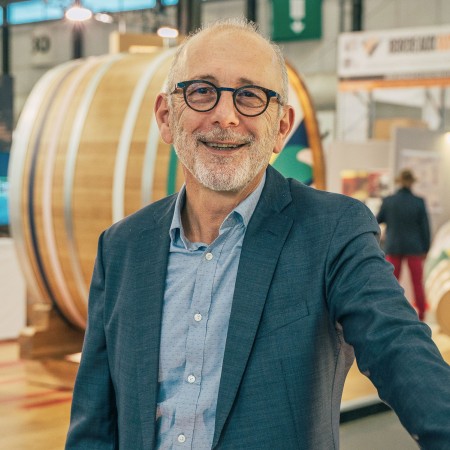
Jean-Luc
Owner
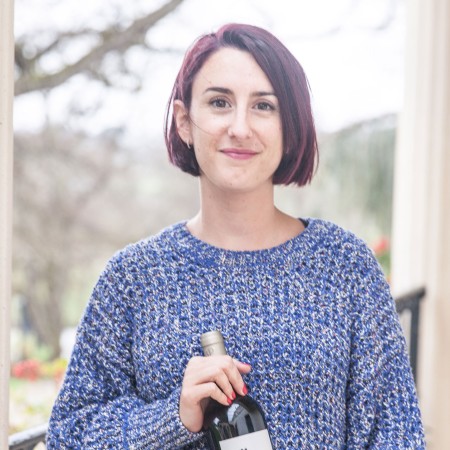
Since 2015, Claire has overseen property management, marketing, communication and various R&D trials. With the technical team, she carries out the various tastings and validates the blends.
Claire
Owner
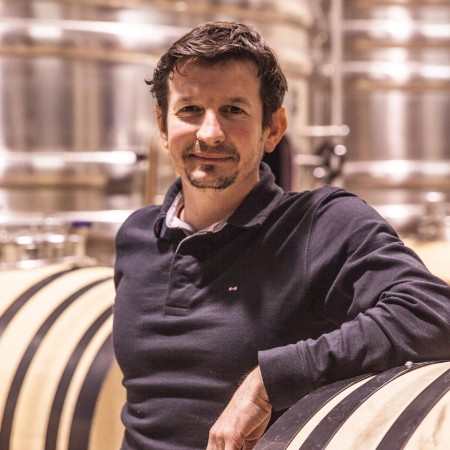
Bruno is a local child from a family of winegrowers. He has been for 17 years at La Rose Perrière. As a true lover of the terroir, Bruno is inexhaustible when it comes to talking about his profession, his passion for 26 years!
Bruno
Winemaker
